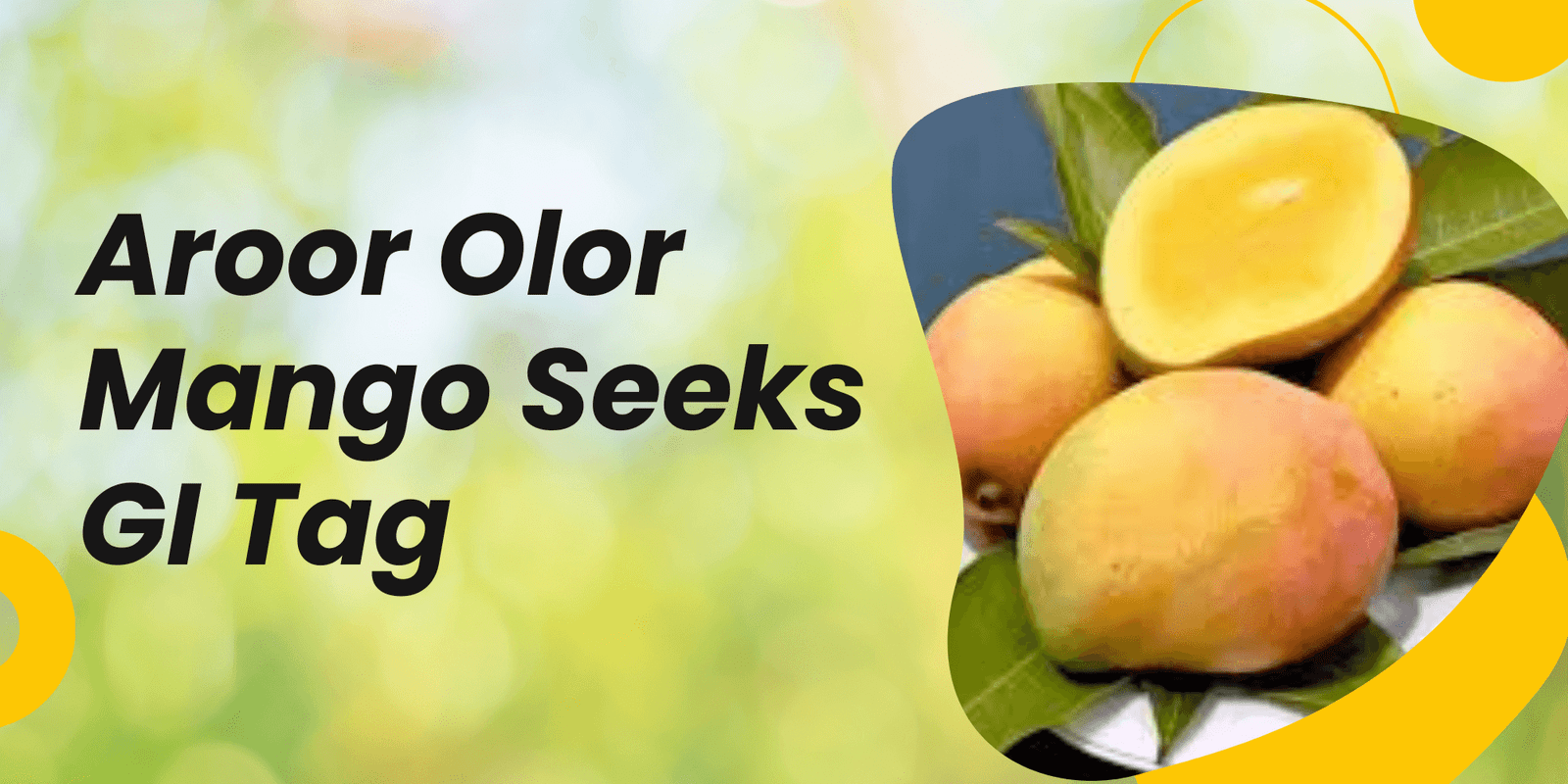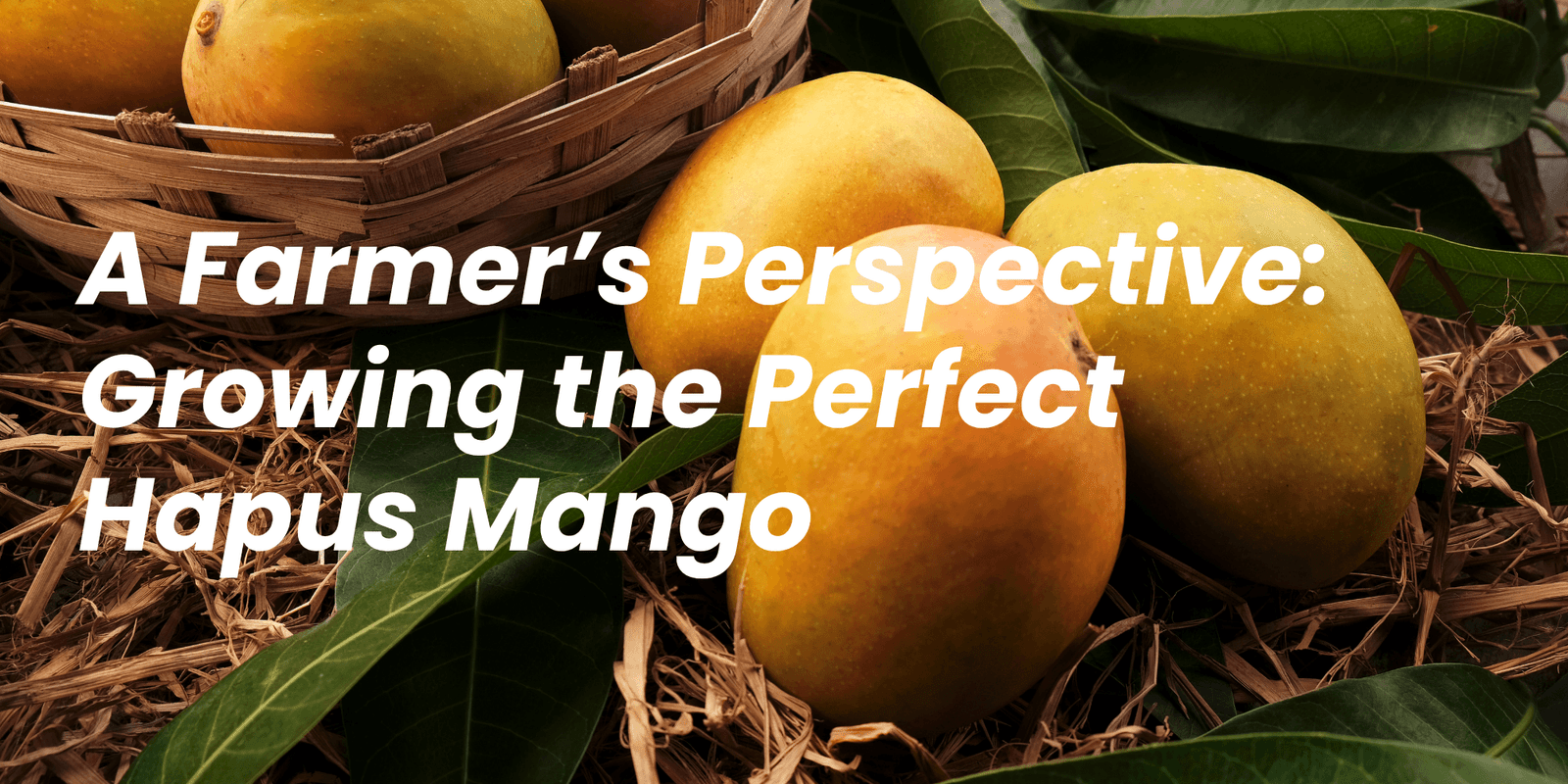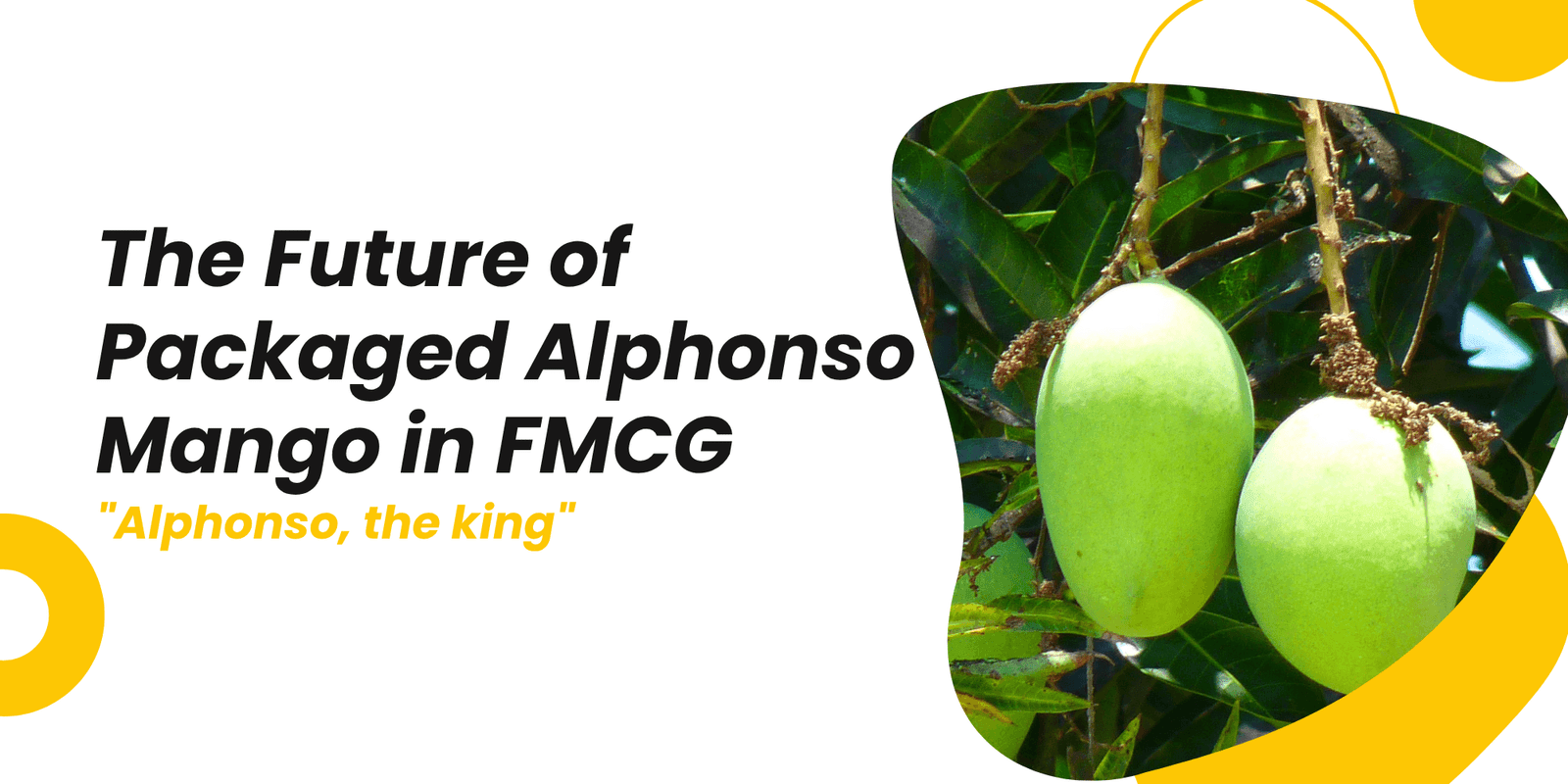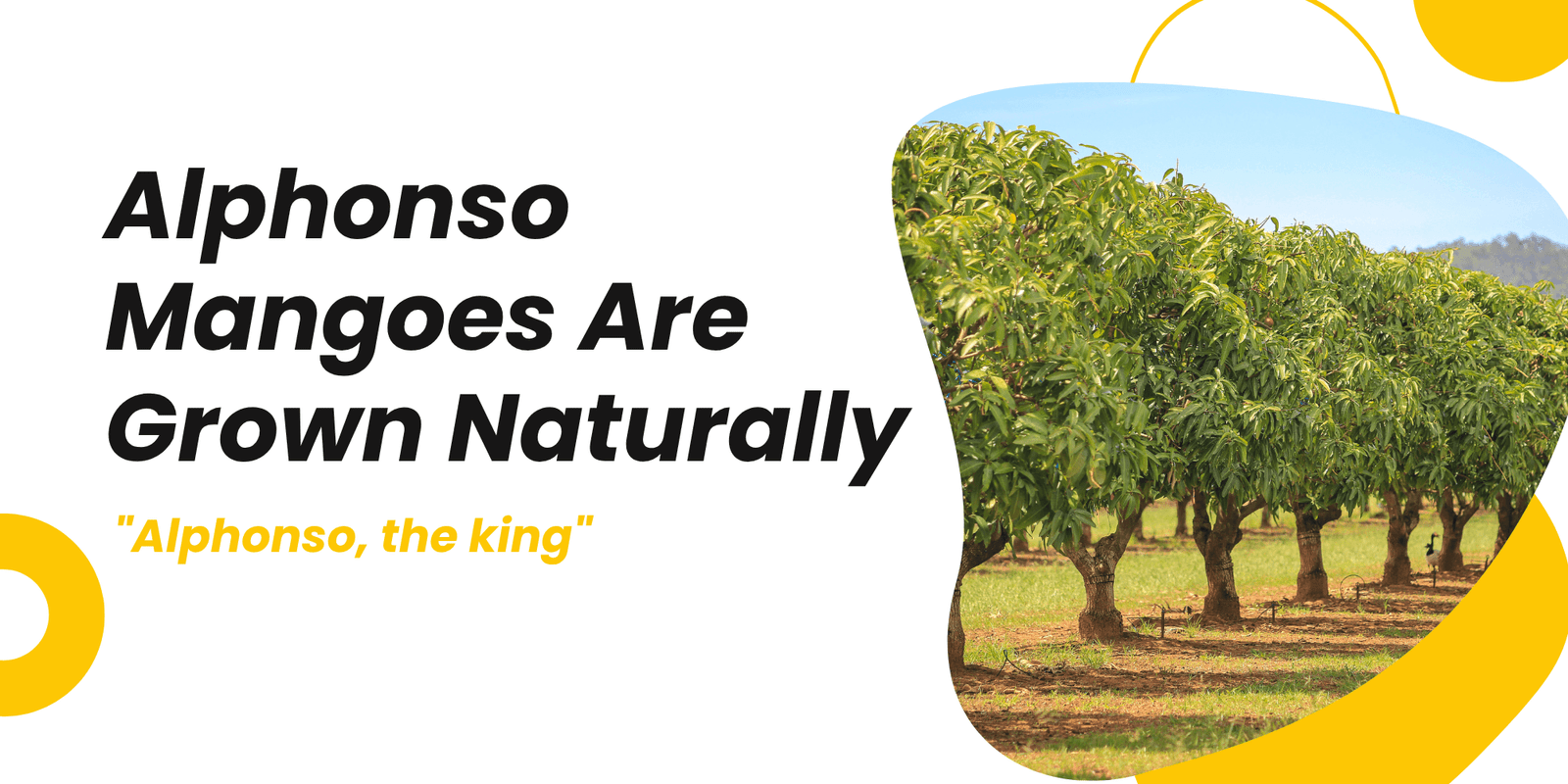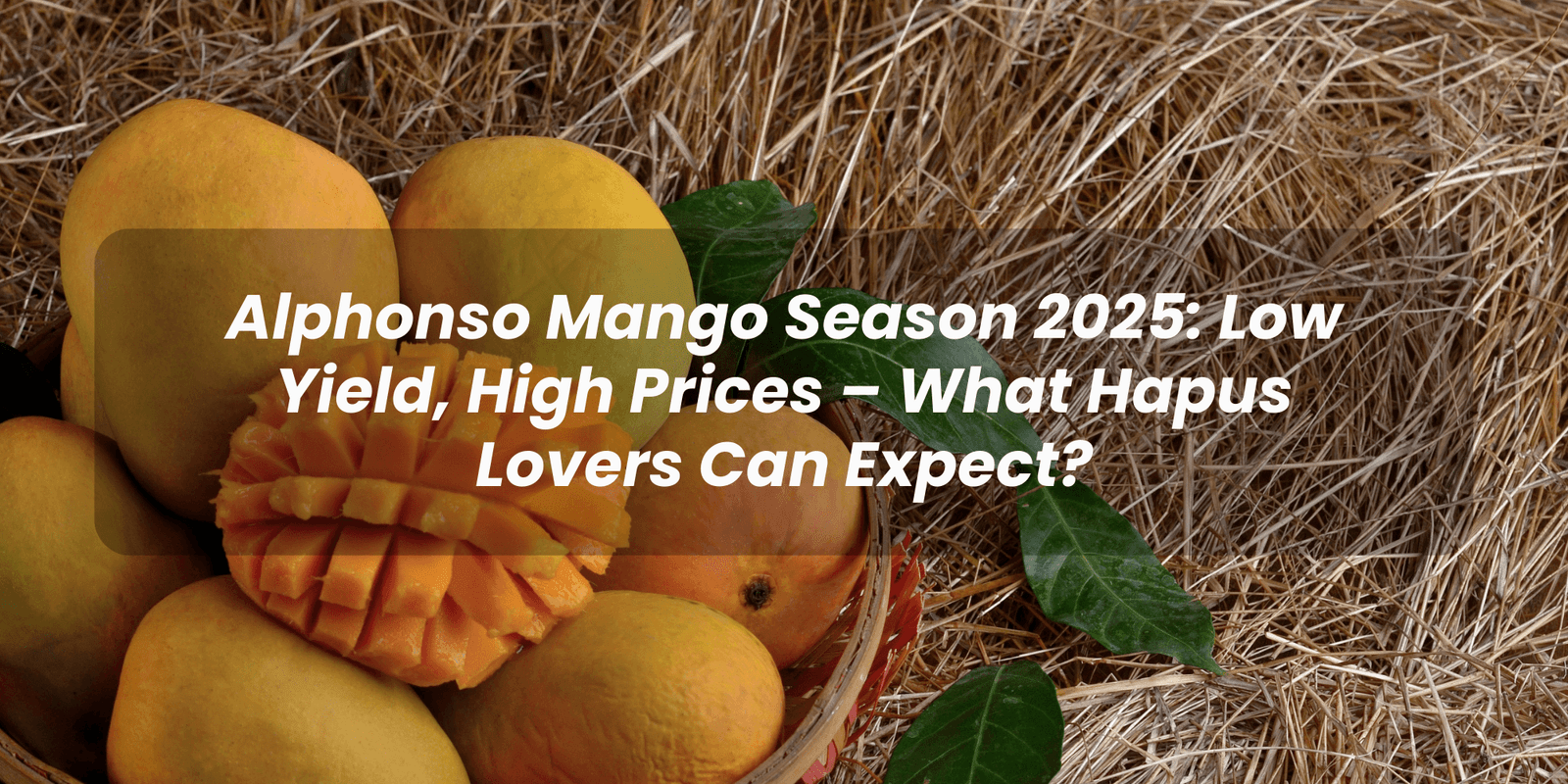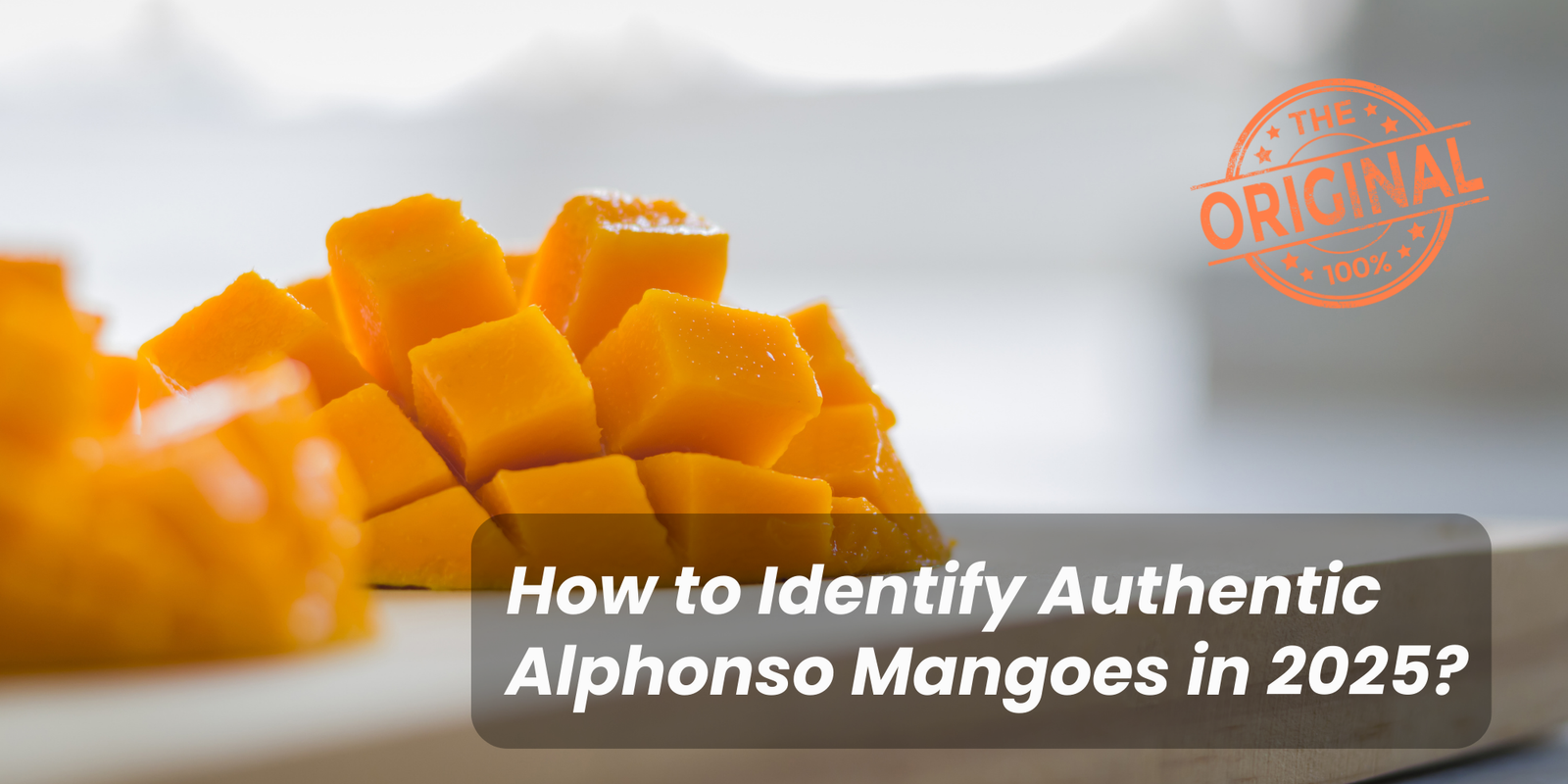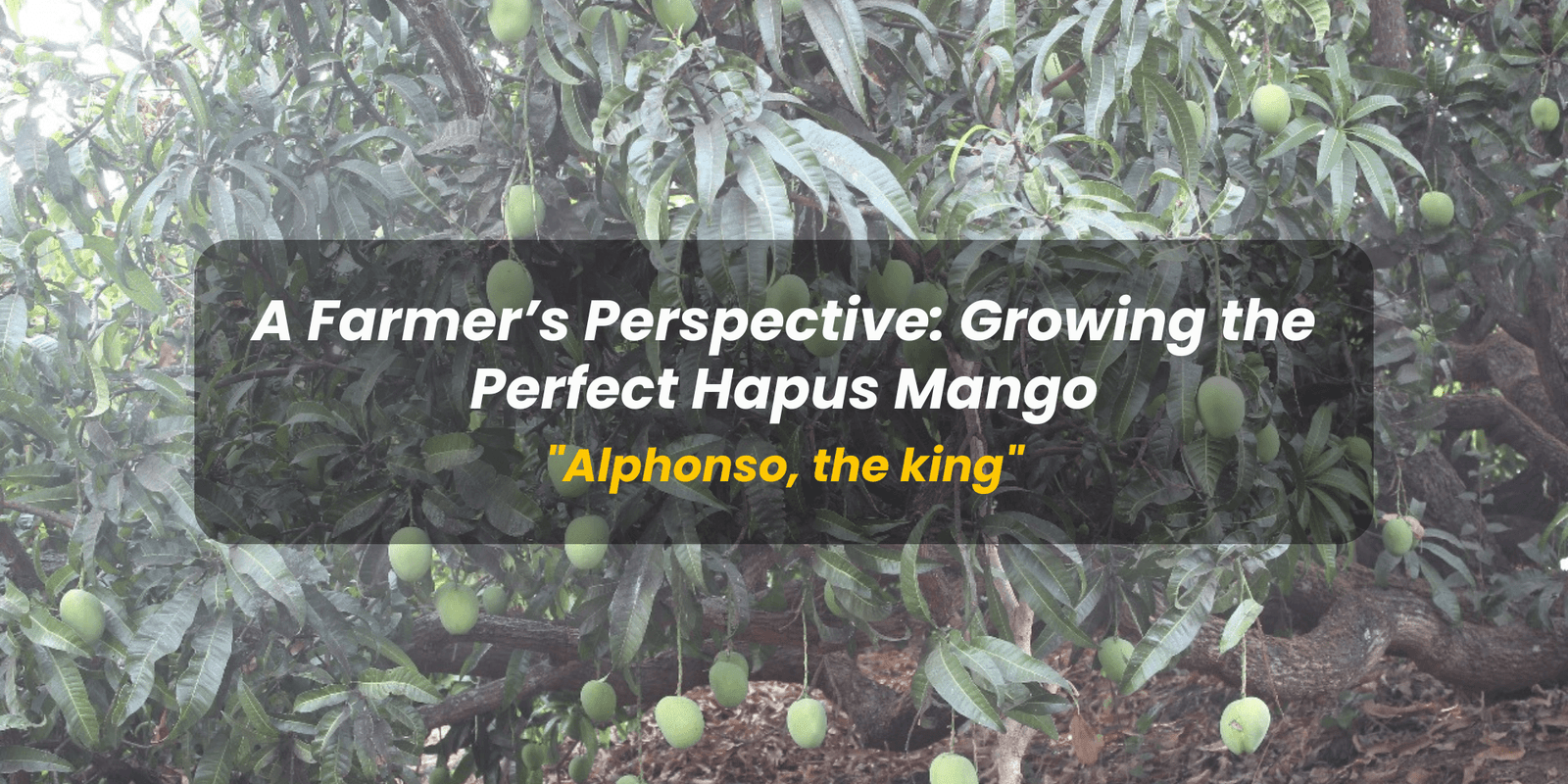International Mango Day and the Legacy of Mango Farming
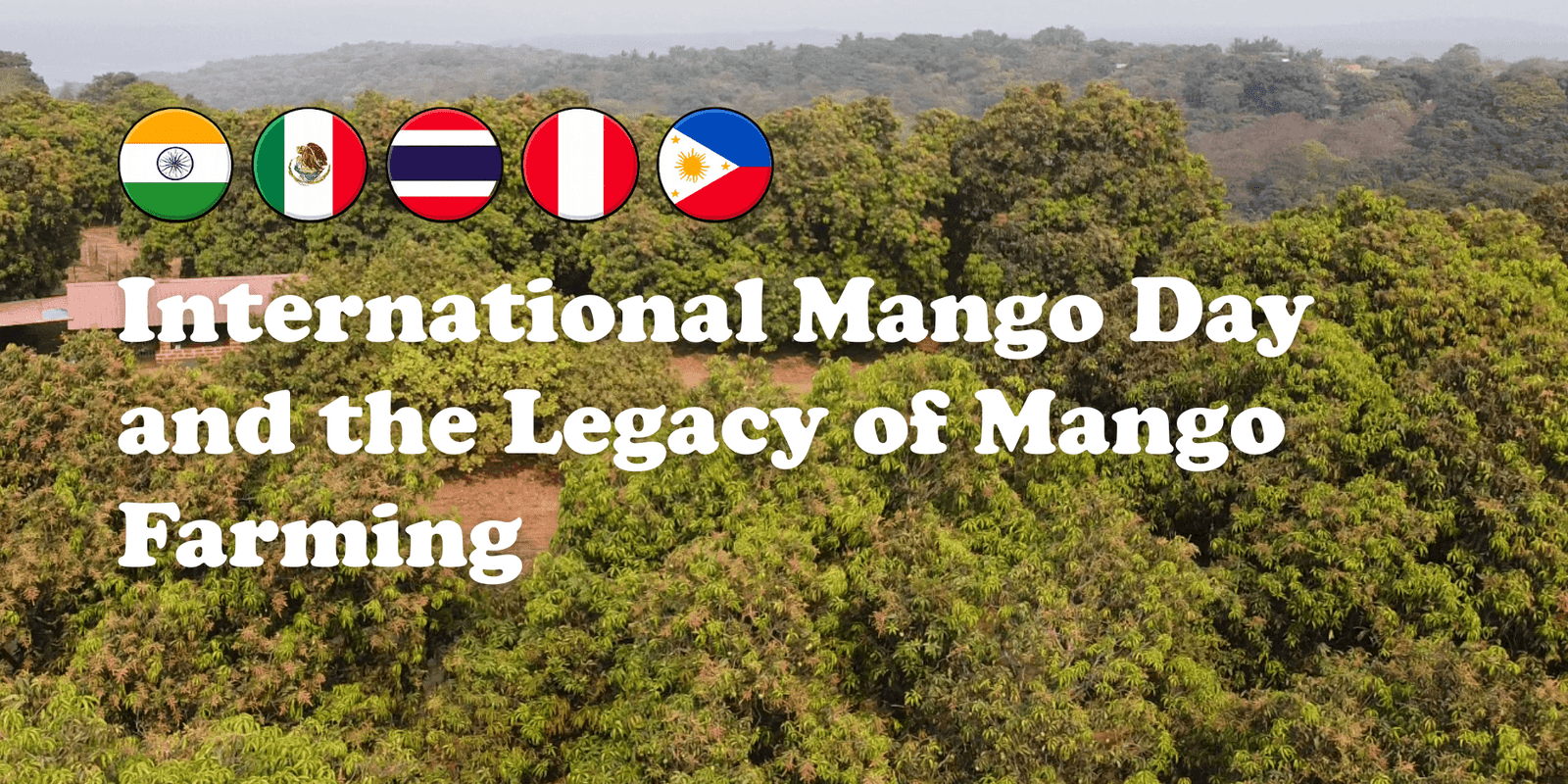
Every year on 22 July, mango lovers across the world come together to celebrate International Mango Day, a day dedicated to one of the most cherished fruits in human history. Known as the King of Fruits, the mango is more than just a seasonal delight—it represents culture, heritage, agriculture, and global trade.
From Indian orchards to international markets, mangoes connect farmers, consumers, chefs, and exporters through a shared love for flavour, aroma, and tradition.
Why International Mango Day Matters
International Mango Day is not only about enjoying mangoes; it is about recognising their global importance. Mango cultivation supports the livelihood of millions of farmers across Asia, Africa, and Latin America. The fruit also plays a significant role in international trade, nutrition, and culinary diversity.
This day highlights:
- The cultural and historical importance of mangoes
- The diversity of mango varieties worldwide
- The role of farmers and orchard ecosystems
- The growing demand for quality and authenticity
It also encourages sustainable farming and responsible consumption.
India: The Heart of the Mango World
India holds a special place on International Mango Day as the largest producer of mangoes globally. With hundreds of native varieties, mangoes are deeply woven into Indian traditions, festivals, and everyday life.
From Alphonso and Kesar in western India to Dasheri, Langra, Chausa, Banganapalli, and Himsagar in other regions, each variety reflects the soil, climate, and farming practices of its origin. Indian mangoes are known worldwide for their flavour depth, aroma, and diversity.
Alphonso Mango: A Global Icon
Among all varieties, Alphonso mango stands out as one of the most celebrated mangoes in the world. Grown mainly in the Konkan region of Maharashtra, Alphonso is admired for its:
- Intense natural aroma
- Smooth, fibreless pulp
- Balanced sweetness and richness
On International Mango Day, Alphonso mango often becomes a symbol of premium quality and traditional farming. Its global demand highlights the importance of origin-based authenticity, GI protection, and careful cultivation.
Mangoes Across Cultures and Cuisines
Mangoes play a unique role in cuisines across continents. They are enjoyed fresh, dried, pulped, pickled, and cooked into both sweet and savoury dishes. From mango desserts and beverages to salads, curries, and chutneys, the fruit adapts beautifully to different culinary traditions.
International Mango Day encourages people to explore mangoes beyond familiar uses and appreciate how one fruit can unite diverse cultures.
The Farmer’s Story Behind Every Mango
Behind every mango is a farmer who has worked for months, carefully managing soil, water, weather risks, and pests. Climate variability, unseasonal rainfall, and disease outbreaks have made mango farming increasingly challenging in recent years.
International Mango Day is also a moment to recognise:
- The resilience of mango farmers
- The importance of fair pricing
- The need for sustainable orchard practices
Supporting authentic, seasonal mangoes helps protect both farmers and traditional cultivation methods.
Mangoes in Global Trade and Exports
Mangoes are among the most widely traded fruits in the world. Countries like India, Mexico, Thailand, Peru, and the Philippines export mangoes to markets across Europe, the Middle East, and North America.
International Mango Day draws attention to:
- Export quality standards
- Phytosanitary compliance
- Importance of traceability and origin
For premium varieties like Alphonso, trust and authenticity play a crucial role in international acceptance.
How International Mango Day Is Celebrated
Across the world, International Mango Day is marked by:
- Mango festivals and tasting events
- Educational programs on mango varieties
- Farmer-focused discussions and workshops
- Social media celebrations by mango lovers
- Promotions highlighting seasonal mangoes
These celebrations help spread awareness and appreciation for mango heritage and farming communities.
Looking Ahead: The Future of Mango Farming
As global demand for mangoes continues to grow, the future of mango farming depends on:
- Climate-resilient agricultural practices
- Protection of regional identities
- Consumer awareness about authenticity
- Support for small and medium farmers
International Mango Day serves as a reminder that enjoying mangoes responsibly helps preserve their legacy for generations to come.
Conclusion
International Mango Day is a celebration of flavour, tradition, and global connection. It honours the farmers who grow mangoes, the cultures that cherish them, and the consumers who eagerly wait for every season.
Whether enjoyed fresh, shared with family, or gifted to loved ones, mangoes remain a symbol of joy and abundance. On International Mango Day, the King of Fruits truly earns its crown—bringing the world together, one mango at a time.

